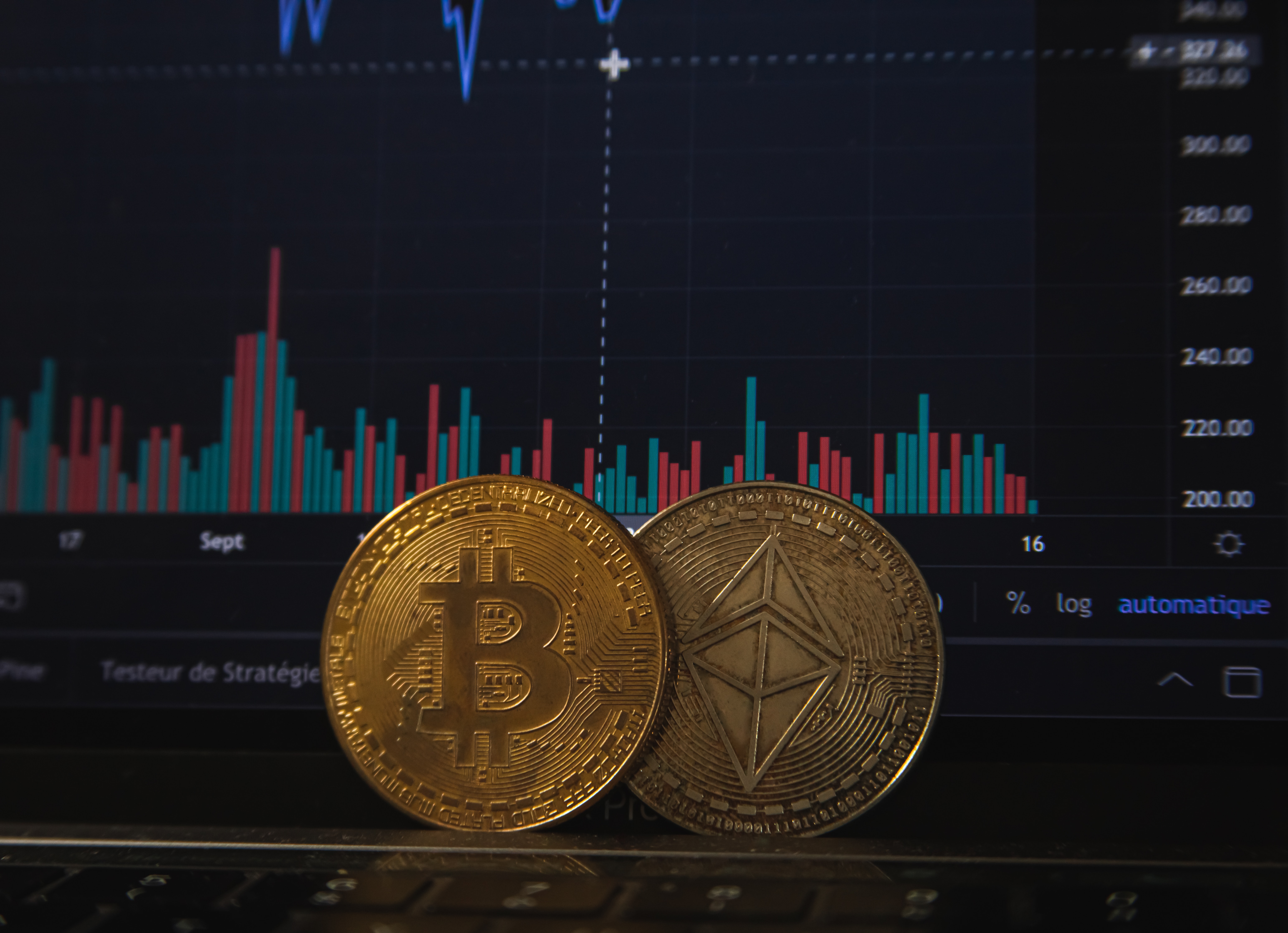The Impact Of Geopolitical Risks On Financial Markets

Author: Gerardine Lucero Sept 11, 2023
Diving into the world of finance, you'll quickly stumble upon a term that's becoming more and more important: geopolitical risks. Dialogue on the topic has emerged due to an understanding of the critical connection between financial markets and the world of geopolitics. Specifically, "The Impact of Geopolitical Risks on Financial Markets" is a key phrase that discusses the importance and effects of geopolitical events on finance. This striking connection implores us not only to understand these risks but also lends emphasis to the crucial role geopolitical understanding must play in our financial choices.
Venturing deeper into geopolitical risks, we need to first understand the composition of these potential hazards. Their appearances could manifest in forms of wars, unexpected results in elections, significant policy modifications by governments, or even unforeseen conflicts that arise on an international scale. These risks are global; their prevalence is not merely tied to the originating nation. A policy shift in a remote corner of the world can ripple through financial markets worldwide, emphasizing just how intertwined our global economies are.
Reactions to geopolitical risks take shape in the fluctuations and turbulence within financial markets. Different financial instruments each react in unique ways. Stock and share markets may witness unprecedented lows or soar high with the right kind of situation. Bonds and currencies tend to fluctuate with changing political climate, international conflicts or negotiations. Let's not forget about commodities, the price of which can drastically fluctuate due to geopolitical turmoil. A classic example would be oil prices reacting to tensions or cooperation among OPEC nations. Exploring these reactions enriches our understanding of the global financial climate and highlights the importance of geopolitical knowledge in predicting market trends.
What’s more interesting is the critical role of geopolitical risks in decision-making about investments. Serious investors do not shy away from dedicating time to comprehend the geopolitical scenarios that can potentially impact their portfolios. Ever-developing strategies are crafted, bearing in mind the global political climate and the risks that may arise. Geopolitical analysis becomes a significant aspect of portfolio management, not just for the sake of diversity but also for risk mitigation.
Delving into some situations, the U.S.-China Trade War had an impact on global markets far beyond the two nations, significantly rattling global trade and creating fluctuations in the international financial markets. Brexit had an undeniable influence on financial markets across Europe, sending shockwaves where none were expected. Economic sanctions imposed on Iran had the potential to sway oil prices, impacting every nation dependent on oil imports. North Korea's missile tests had significant effects on Asian markets, with investor confidence teetering on each announcement. These are just a few instances of the broad effects that geopolitical risks can have on the ever-evolving financial stage.
Reflecting on the future, potential geopolitical risks are as elusive as ever, sometimes visible on the horizon, sometimes hidden behind political curtains. These risks, whatever their nature, will continue to influence the world's financial markets and industry trends. Mitigation of these geopolitical risks iterates the need for constant vigilance and adaptability within financial institutions and individuals alike.
Tying up the influences and effects of geopolitical risks on financial markets is essential. Ensuring the place of geopolitical considerations at the core of financial and investment decisions is crucial. Geopolitical risk is a game-changing variable in the financial world, and those willing to understand and mitigate these risks are more likely to thrive amidst the tumultuous seas of financial markets.
Gyrostat Capital Management: Why Risk Management Is Not About Predicting Risk
Why Risk Management is Not About Predicting Risk Financial markets reward confidence, but they punish certai... Read more
Gyrostat January Outlook: Calm At Multiyear Extremes
This monthly Gyrostat Risk-Managed Market Outlook does not attempt to forecast market direction. Its p... Read more
Gyrostat December Outlook: The Market Does The Work
Harnessing Natural Volatility for Consistent Returns Markets have always moved more th... Read more
Gyrostat Capital Management: Why Advisers Must Scenario-Plan Both The Bubble And The Bust
The Blind Spot: Why Advisers Must Scenario-Plan Both The Bubble and The Bust In financial m... Read more
Gyrostat Capital Management: The Hidden Architecture Of Consequences
When Structures Themselves Become A Risk In portfolio construction, risk is rarely where we look for it.... Read more
Gyrostat November Outlook: The Rising Cost Of Doing Nothing
Through the second half of 2025, markets have delivered a curious mix of surface tranquillity and instabi... Read more

